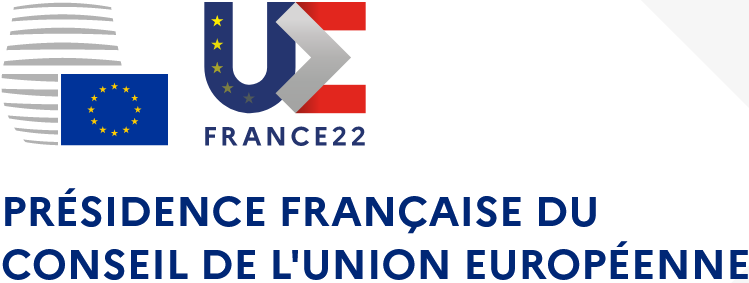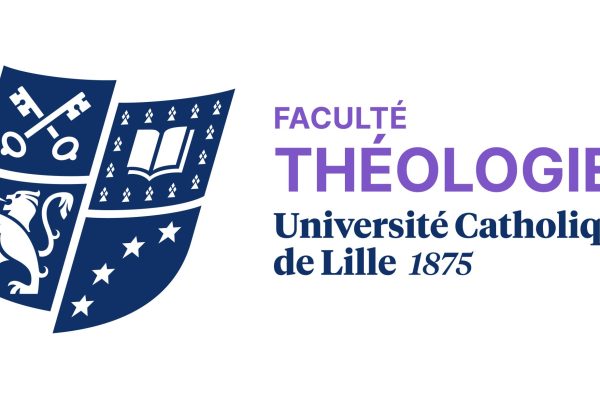Document type : Announcement by the Présidence française du Conseil de l’Union européenne (PFUE)
Author: PFUE
Organiser: French National Agency for Food, Environmental and Occupational Health Safety (Anses). Scientific Committee members: ACTA, Anses, CIRAD, INRAE, Ministry of Agriculture and Food Sovereignty, Ministry of Higher Education and Research, Ministry of Ecological Transition and Territorial Cohesion, VetAgro Sup.
Venue: Online and at the Maison de la RATP - Espace du centenaire, 189 rue de Bercy , 75012 Paris
Date: 13 June 2022, 9.00 - 1800
Preview: At a time of profound change in the European livestock industry, the conference "Quelle recherche pour penser l’élevage de demain ?" will remind us of the strong links forged between the history of humanity and that of livestock farming. It will provide a wider perspective on the expectations of European citizens and current and future generations and the answers that today's research can provide for the livestock farming of the future. A first issue, the welfare of animals and those who breed and raise them, will be viewed through the lens of the concept of "One Welfare". Challenges for the achievement of "One Health", encompassing the health of consumers, animals and our environment, will be addressed from the perspective of agroecology and climate change. The responses that the European Union (EU) can provide to these challenges, in particular through the ongoing construction of a European partnership on animal health and welfare, co-funded by Horizon Europe (the EU's framework programme for research and innovation, 2021-2027) and the Member States, will be set out. What research is needed, if we are to support a form of livestock farming that works in harmony with its environment and with the welfare of animals and humans, in the context of a re-localised, circular and sustainable agriculture, requiring fewer pharmaceutical inputs? What forms of animal genetics should be adapted to new farming methods? What kind of training is needed to make research outcomes available to farms in transition? This conference will attempt to provide preliminary answers to all these questions. This day of reflection, which will bring together researchers, decision-makers and professionals from the world of livestock farming, will end with a round table to discuss the various visions of what is required in research to achieve virtuous livestock farming practices that guarantee the health and welfare of animals and humans, while meeting the expectations of farmers and citizens.
Link to the programme and presentations






